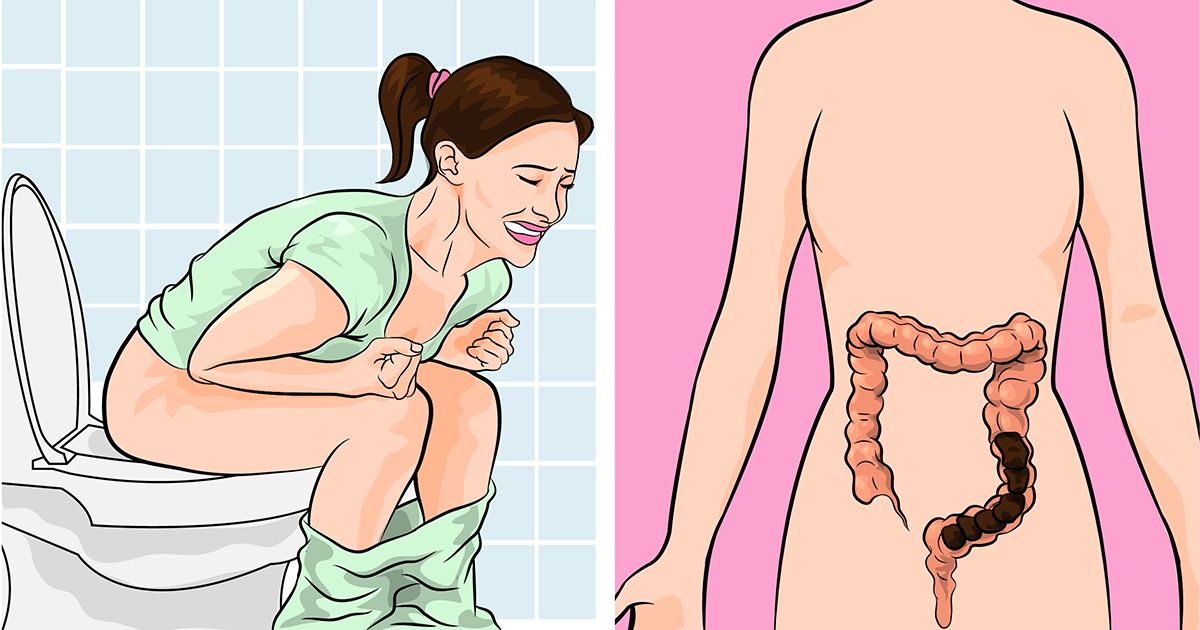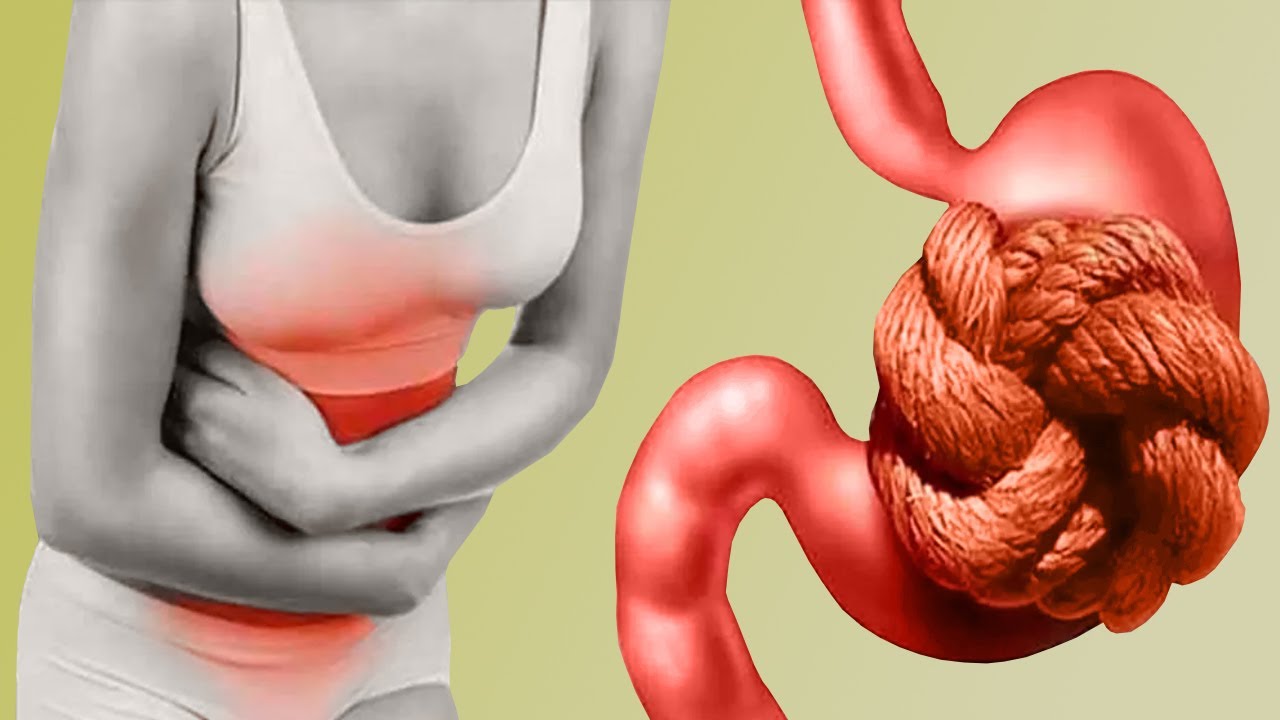

Constipation is one of the most common digestive disorders in the world. A frequent gastrointestinal condition, constipation affects individuals of all ages and prompts millions of doctor visits each year. It is a health issue in which a person has infrequent or uncomfortable bowel movements. Even though constipation is a frequent condition, some individuals experience chronic constipation which makes it difficult for them to carry out their day-to-day activities.
Keep reading to learn the ins and outs of constipation.
Technically, constipation is referred to as having less than three bowel motions each week. However, how frequently you “go” varies greatly from one individual to another. While some people go to the toilet multiple times each day, others do so only once or twice per week. As long as you do not deviate too much from your routine, whatever your bowel movement habit is, it’s particular to you and normal.
Whatever your bowel pattern, one thing is certain: the longer you wait to “go,” the harder it is for feces to pass. Constipation is also characterised by the following:
• our feces are dry and firm
• You have discomfort during bowel movements and passing stools is difficult
• You suspect that your bowels aren’t empty.
• You don’t pass more than three bowel movements a week
• You have dry, hard, or lumpy stools
• You find it difficult or painful to have bowel movements
• You strain when passing stool
• You feel as if there’s a blockage in your rectum that prevents bowel movements
• You get cramps or soreness in your stomach
• You feel that you have not completely emptied the poop from your rectum
• You feel bloated, nauseous, and sluggish
• You have lost your appetite
Constipation symptoms may resemble those of other ailments or illnesses. So, make sure you always consult a specialist for diagnosis.
The most common causes of chronic constipation are when stool or waste goes through the digestive tract too slowly or cannot be efficiently evacuated from the rectum, thus resulting in the stool being hard and dry. Constipation could have numerous potential causes:
Blockages In The Rectum Or Colon
• Colon cancer
• Rectile cancer
• Bowel obstruction (intestinal obstruction)
• Anal fissure (small skin tears near the anus)
• Bowel stricture (colonic constriction)
• Rectocele (rectum protruding through the rear wall of the vagina)
Nervous System Issues In The Rectum Or Colon
• Autonomic Neuropathy (damage to the nerves that regulate physiological functioning)
• Parkinson’s disease
• Multiple sclerosis
• Spinal cord damage
• Stroke
Bodily Hormone-Related Conditions
• Diabetes
• Pregnancy
• Hypothyroidism (underactive thyroid)
• Hyperparathyroidism (the overactive parathyroid gland)
Difficulty With Muscles Used For Elimination
• Weak pelvic muscles
• Dyssynergia in the pelvic muscles, improper coordination of relaxation and contraction
• Anismus (the inability to release pelvic muscles for facilitating bowel movement)
Since constipation affects the majority of people at some point in their lives, the tests a doctor will perform will depend on the length and severity of the condition. Additionally, the doctor will consider the patient’s age, the presence of blood in feces, any weight loss, and any recent changes in bowel patterns.
Constipation may be diagnosed by:
• Medical background
To help identify the reason for constipation, the doctor will request a description of your constipation. These include the length of the symptoms, how frequently bowel movements have occurred, and other details.
• Examination of the body
A digital rectal examination (DRE), in which the physician places a gloved, lubricated finger into the rectum to assess the tone of the muscle that seals off the anus, may also be part of a physical examination. This examination also aids in determining whether any rectum enlargement is present and whether there is discomfort, blockage, blood, as well as quantity and quality of stool.
Besides a general physical examination and a digital rectal examination, doctors use several other tests and procedures for diagnosing constipation and finding the cause. These include:
• Blood tests
• Abdominal X-ray
• Colonoscopy (examination of the inside of your colon, rectum, and anus)
• Sigmoidoscopy (examination of the rectum and lower part of the colon or large intestine)
• Anorectal manometry (which assesses the performance of the anal sphincter muscle)
• Balloon expulsion test (measurement of the anal sphincter muscle’s speed)
• Defecography (an X-ray of your rectum during defecation)
• MRI defecography
Your doctor will choose the optimal method of treatment for constipation based on:
• Your age, general health, and medical background
• The extent of your condition
• Your tolerance for particular operations, procedures, or medications
• Your expectations for the course of this condition
• Your preference or opinion
Constipation is generally treatable with lifestyle and dietary modifications that reduce symptoms and aid in the prevention of the condition. A variety of therapies are possible:
• Diet and lifestyle changes
• Laxatives
• Changing or eliminating medications
• Biofeedback training
Also read: Frequently Asked Questions About Constipation
Constipation is a frequent occurrence that can be caused by a variety of eating habits, medical disorders, and other circumstances. If a person experiences extreme discomfort or symptoms, if constipation appears abruptly, or if the condition worsens, it is advisable to speak to a skilled doctor.

The age-old medical adage that proclaims ‘Prevention is better than Cure’ couldn’t
read more
Digestive problems are common in everyone. Some suffer from uncomfortable heartburn, whi
read more
How To Diagnose Achalasia? Patients with suspected Achalasia having no evidence of an
read more